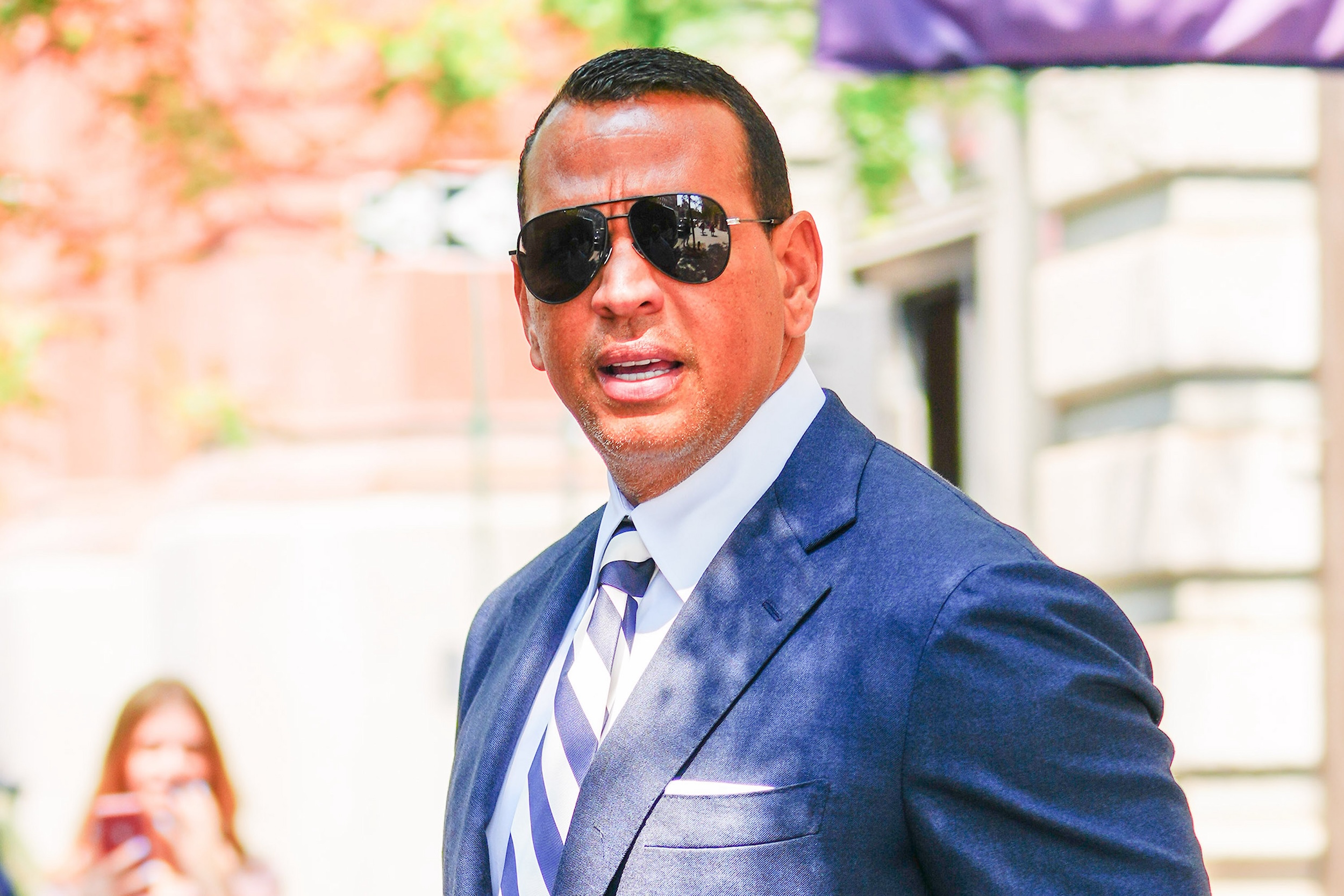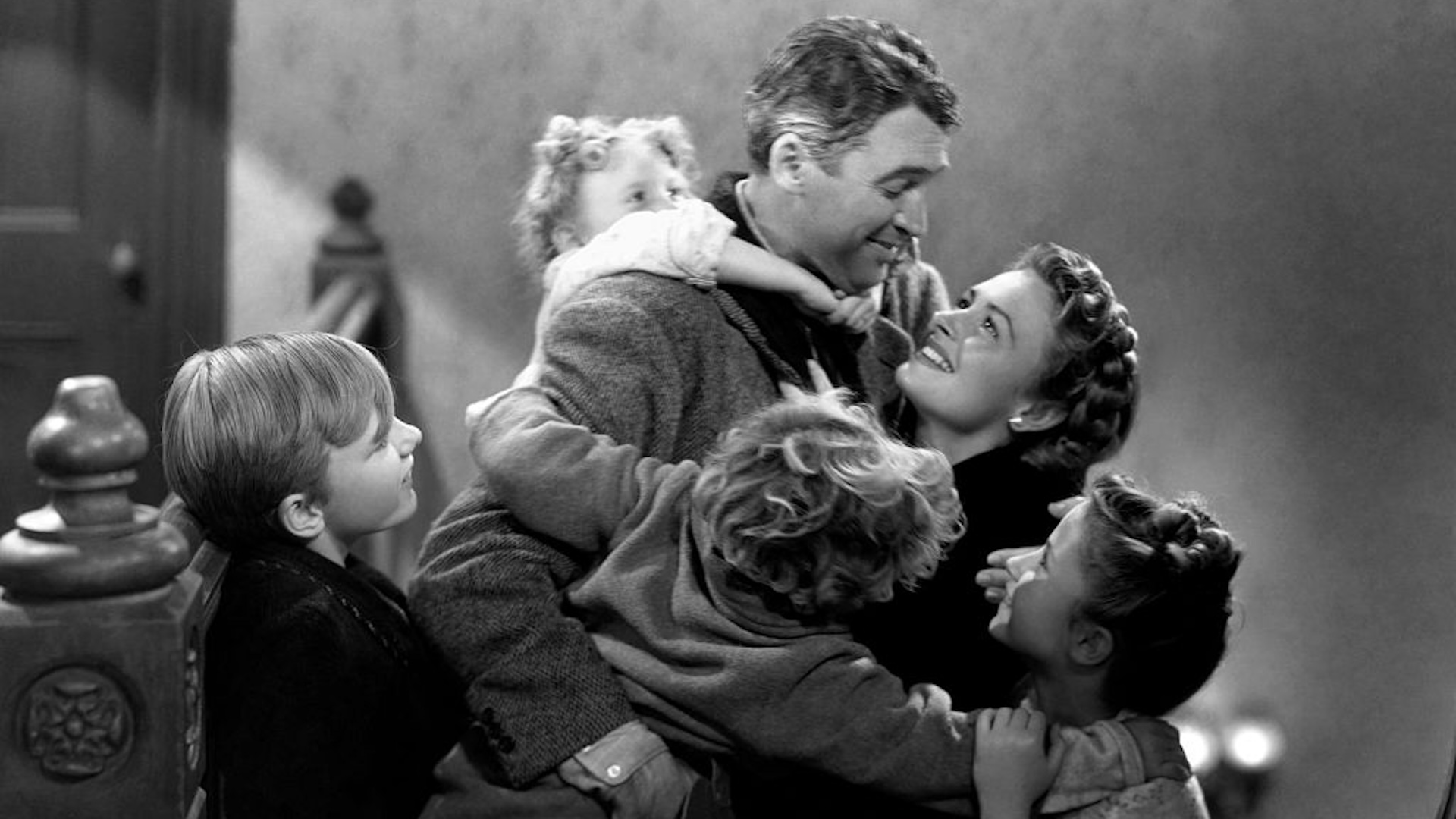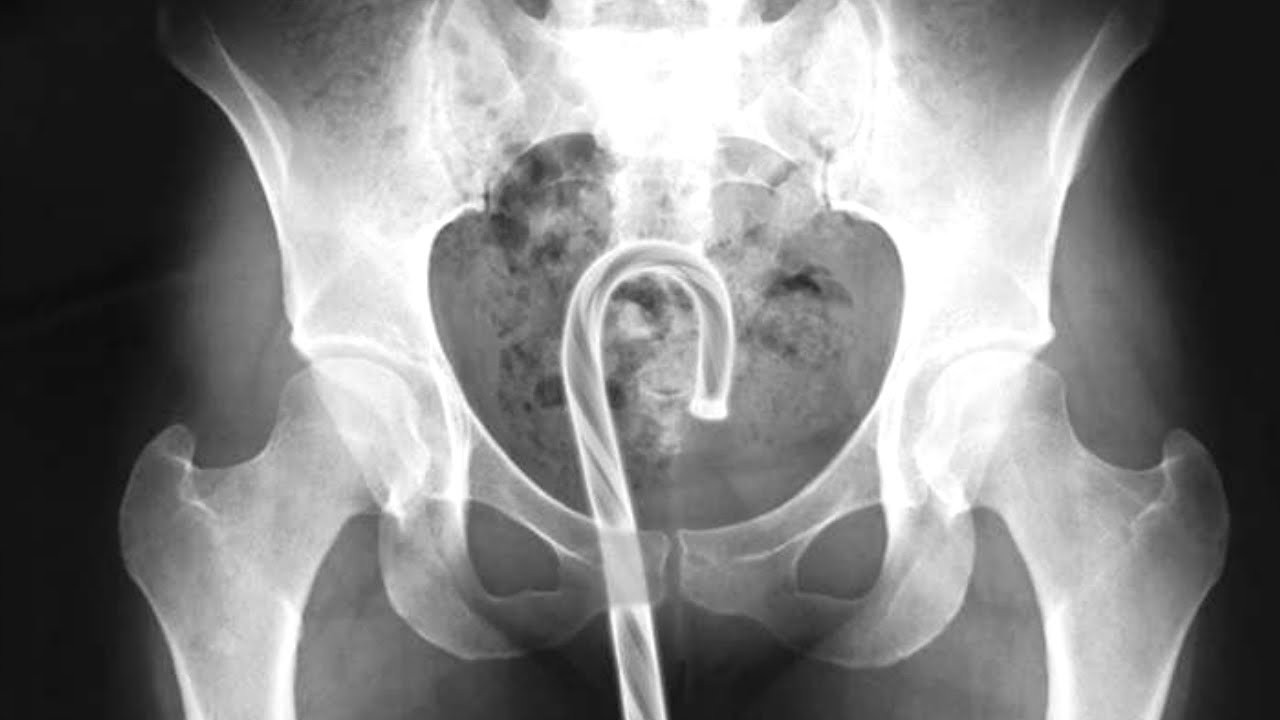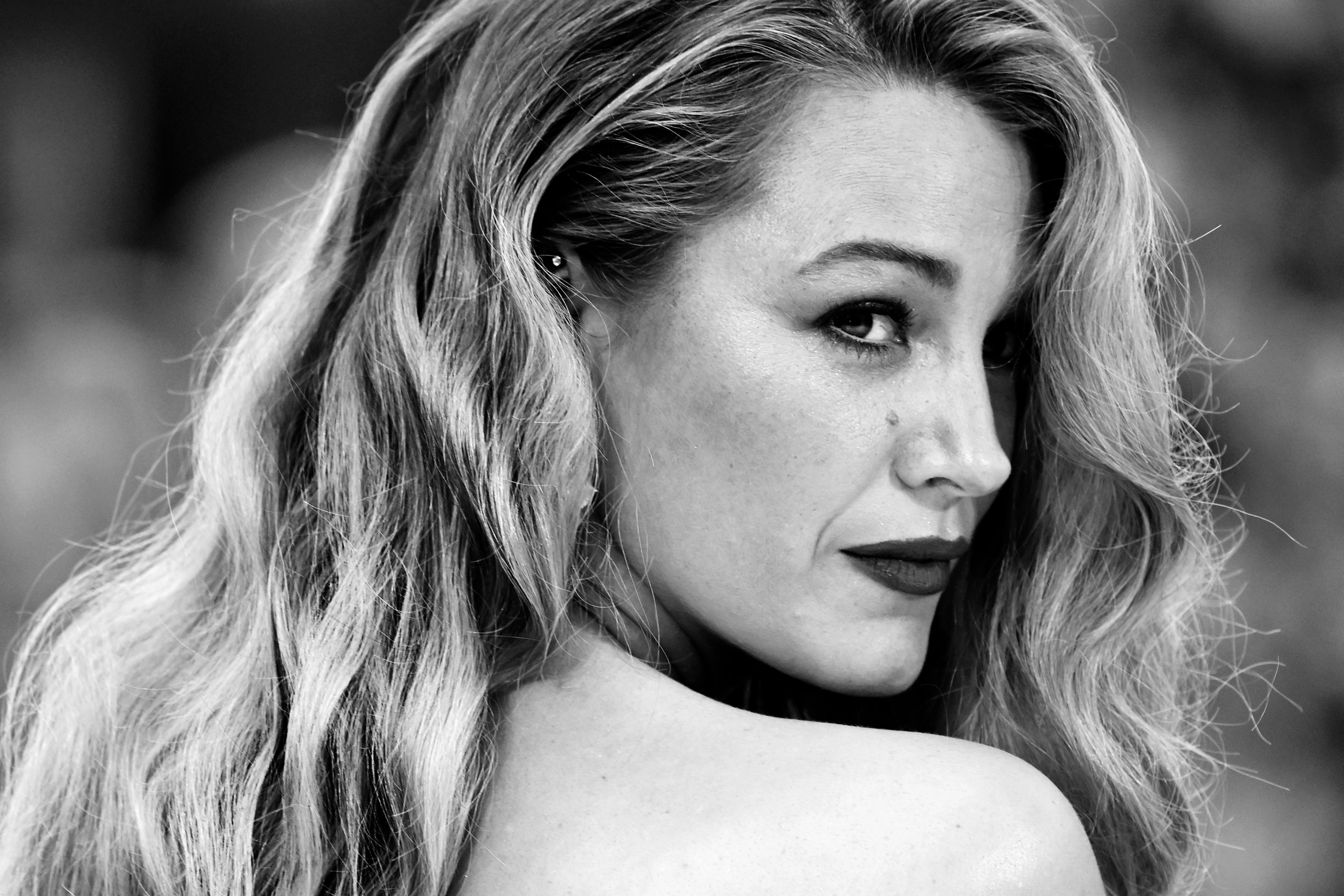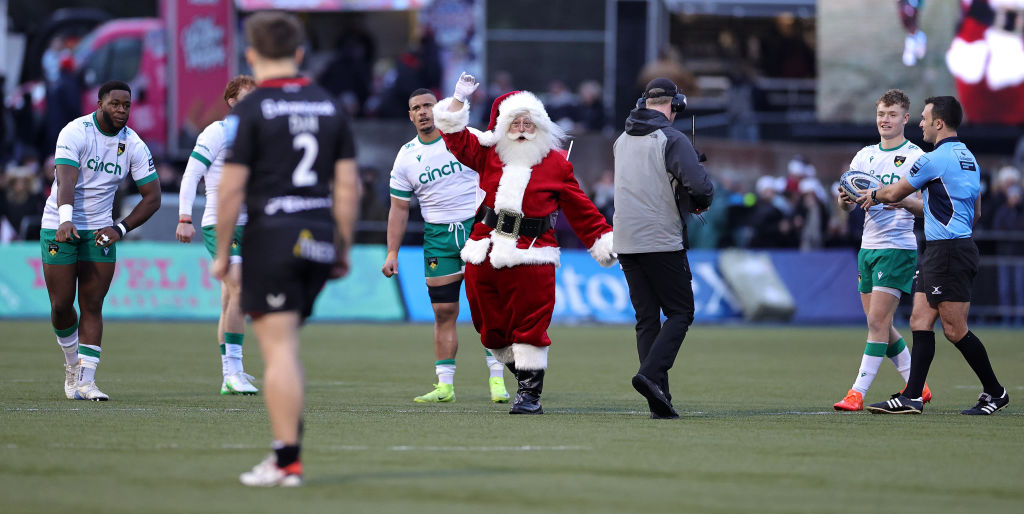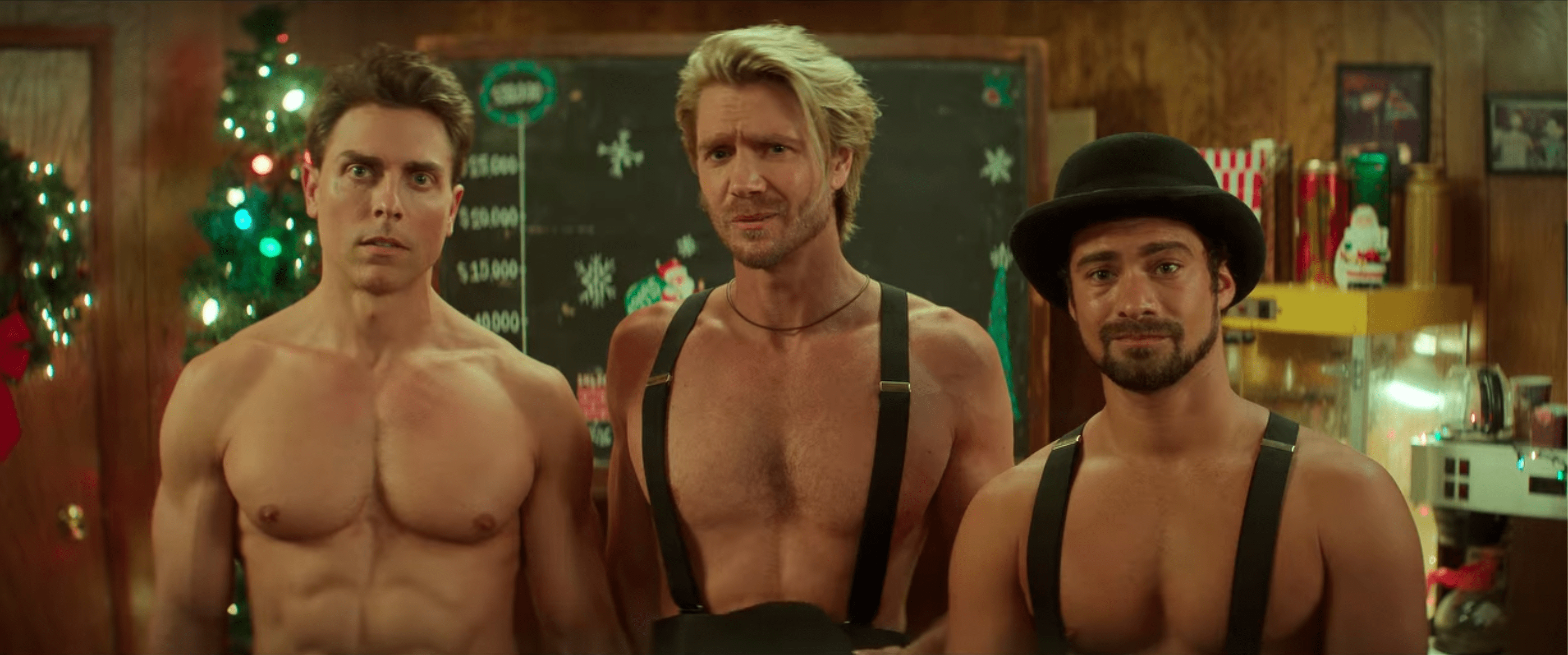Alex Rodriguez and his billionaire business partner, e-commerce tap-dancer Marc Lore, have an agreement in place with tycoon Glen Taylor to take over an 80-percent ownership stake of the NBA's Minnesota Timberwolves and the WNBA's Minnesota Lynx. This transfer was arranged in 2021, when Rodriguez and Lore bought in as minority owners; it was due for completion in December. There was a significant snag, though: The amount of the final payment is $600 million, which is a lot more cash than either fellow would prefer to rustle up from their own accounts.
It has always been the plan for Rodriguez and Lore to borrow hundreds of millions of dollars in order to complete this transaction. This deal initially was with Carlyle Group, the multinational private-equity mega-fund co-founded by David Rubenstein, who is himself in the process of purchasing the Baltimore Orioles. You may recall Carlyle Group gaining a measure of infamy in the early aughts for a too-cozy relationship with the Bin Laden family; later the fund launched the political career of Virginia's slimy arena-crazed fail-governor, Glenn Youngkin, who served as Carlyle Group's co-CEO prior to pursuing his MAGA-but-with-an-MBA political ambitions. Carlyle Group, which was just last week announced as part of the group purchasing the NWSL's Seattle Reign FC, was due to provide $300 million in up-front money for this final payment to Taylor.
But things seemed to fall apart around the start of this regular season, for reasons that remain hazy. Taylor told a St. Paul-area podcast in October that Rodriguez and Lore were seeking an extension on the deadline, which Taylor deemed normal and fine. Then this week, with the extended March 31 deadline looming, Taylor told Minnesota sports reporter David Shama that Carlyle Group had exited the deal, leaving Rodriguez and Lore to scramble around for another third party's cash to spend.
“They had an equity group that was going to come in and put in $300 million, and that equity group has either withdrawn or the NBA has denied them,” Taylor said. “They have to go out and find new revenue. That I do know. I don’t know if they found it or what they’re going to do. We haven’t seen the schedule of ownership yet.” An unnamed NBA spokesperson told Sportico Tuesday that the NBA “did not deny Carlyle’s proposed investment” in the deal; ESPN reported Wednesday night that Carlyle Group “did not come to an agreement regarding requirements for those investing in the NBA,” leading to “the sides” mutually agreeing to part ways. Presumably “the sides” here are Carlyle Group and Rodriguez and Lore; the NBA has yet to exercise its formal authority to approve or reject this transfer of controlling ownership.
That took Rodriguez and Lore into the 11th hour, but Shams Charania reported Wednesday afternoon that the would-be owners finally secured adequate financial backing from Dyal Capital Partners, a pre-approved NBA investor that Front Office Sports says has invested in the Atlanta Hawks and Sacramento Kings. Dyal Capital Partners was merged via SPAC with Owl Rock Capital in May 2021, forming alternative investment company Blue Owl Strategic Capital. Blue Owl does private equity real estate and corporate direct lending. The deal with Rodriguez and Lore would seem to be an example of the latter; Blue Owl brags on its website that it can “provide borrowers with sizable commitments to facilitate transactions.” They sure swooped in and facilitated the hell out of this one.
It's funny how this works: Rodriguez and Lore are taking money from a private lender and handing it to Glen Taylor, so that they can take ownership of his businesses. Ownership of those businesses empowers Rodriguez and Lore to, for example, squeeze a reluctant Minneapolis city council for public financing for a new arena, or to cheap out on player salaries, or to hollow out the team's operations, without any formal impediment or accountability. Meanwhile Rodriguez and Lore will collect a share of the revenues generated by the Timberwolves and Lynx—gate receipts and RSN deals and jersey sponsorships and eventually the naming rights on that new arena—and will capture most or all of the meteoric increase in franchise valuation that accrues over their period of ownership. All without having paid their own money! For having done the legwork of identifying an asset management company willing to transact with the former owner, Rodriguez and Lore will get to lay in the cut and have their ownership stakes in these two franchises paid off by the franchises themselves.
It's a sweet deal, one that is expected to be rubber-stamped by the league's other owners just as soon as it is finalized.
